Virtual Reality in Education | Exploring Powerful Educational Tool
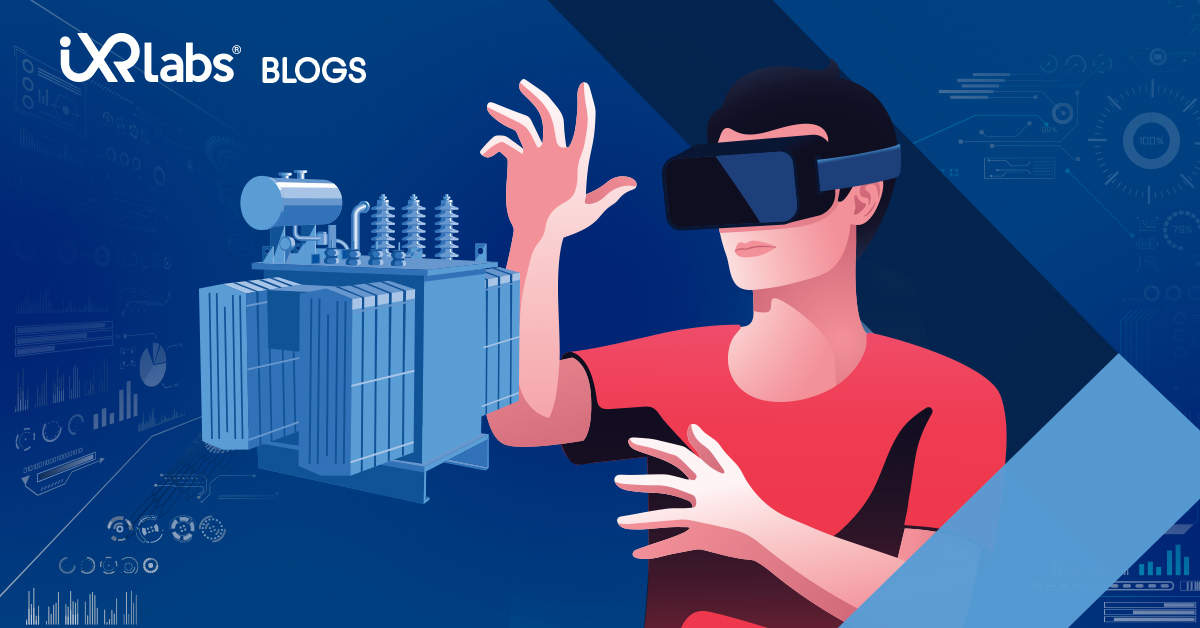
Virtual Reality has been successfully transforming the world with its unmatchable 3D experiences and education is not an exception here.
Because of the adoption of VR technology in education, students now have more opportunities to explore, interact with, and learn.
It provides a distinctive method of learning that goes beyond conventional classroom instruction, enhancing interaction, immersion, and memory.
Though it has a lot of benefits, the question arises if VR technology has the potential to drive the education industry fruitfully.
Let us tell you about VR technology and the impact of virtual reality in education with this blog.
VR Technology- an Advanced Technological Evolution
The use of virtual reality (VR) technology has completely changed how we communicate. This technique employs 3D environments that are computer-generated situations where the user is able to explore and engage in an immersive experience using a VR headset.
Today, a lot of industries are using VR technology including entertainment, education, healthcare, and more.
The potential of virtual reality technology to provide an immersive experience is one of its most important benefits. It produces a virtual environment that resembles reality so closely.
Users of VR technology may go to other eras and locations while experiencing things that would be otherwise inconceivable. VR technology, for instance, may be utilised to replicate the sense of flying.
With the use of VR technology, users may experience skydiving down a valley that closely resembles reality.
The versatility of virtual reality technology's applications is another advantage. These numerous VR uses span a variety of industries, including gaming, entertainment, and training.
VR may also be utilised in the healthcare industry to teach medical staff, replicate surgical operations, and assist patients in overcoming phobias and anxiety problems.
VR may be used in education to provide immersive learning experiences that aid students in better understanding difficult ideas.
VR has the potential to revolutionise a variety of industries and applications as it develops.
More people will be able to take advantage of VR's advantages as it becomes more widely available and simpler to use thanks to the development of more advanced gear and software.
Virtual reality technology has the potential to completely change how we engage with the digital world, whether it's for learning a new skill or discovering a whole new universe.
Why is Virtual Reality in Education a powerful tool?
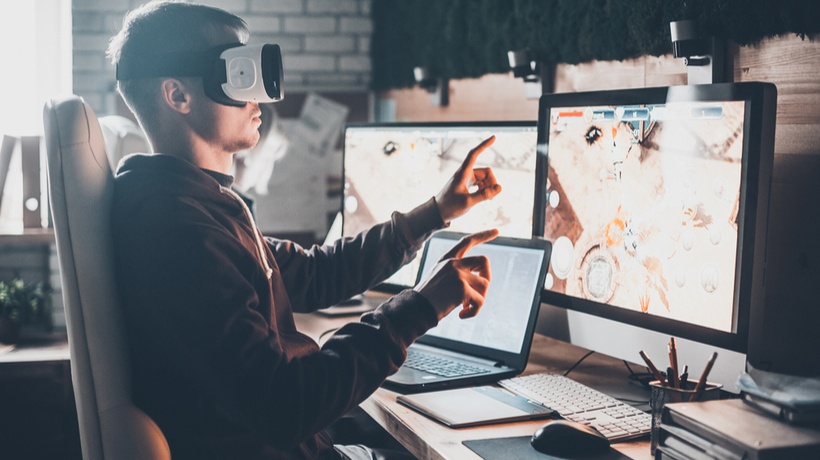
Virtual Reality in education can be a powerful tool as it allows students to explore education in a more immersive way as compared to traditional methods. Here are some ways in which VR can enhance the educational experience:
Visual and experiential learning: VR allows students to experience and interact with a virtual environment in an engaging and interactive way. With the help of VR, students learn by doing experiments and experiencing things in an immersive manner.
Simulations and experiments: VR can provide a safe and controlled environment for students to conduct or witness simulations. Students can perform various experiments in a VR environment without any fear of maintenance or usage of equipment or safety concerns.
VR simulations allow students to gain hands-on experience with complex concepts that may be too dangerous or expensive to create in real life.
Engaging and personalised learning: VR can be used to create interactive and engaging learning experiences designed in accordance with individual learning styles and abilities. This can help to keep students engaged and motivated and can provide a more personalised learning experience.
Virtual field trips: VR can take students on virtual field trips to different locations that might be difficult or impossible to visit in real life.
For example, students can visit ancient places, explore the inside of a human body, or take a virtual industrial tour of a hazardous nuclear plant in a safe and immersive environment.
Application Areas of Virtual Reality in Education
Virtual Reality has numerous use cases in education, from enhancing traditional teaching methods to creating completely new learning experiences. Here are some specific use cases of VR in education:
Science and engineering VR education: VR can be used to create simulations and science experiments for students to explore scientific or technical concepts in a more hands-on way.
For example, students can conduct experiments by exploring a virtual laboratory in VR or, engineering students can learn about various machines in VR.
VR-based machine modules can let students explore its various parts and working modes along with its principle realistically. Check out what a transformer in VR will look like.
Medical education using VR: Virtual reality in education is much promising for healthcare education and training. The realistic approach to teaching medical students about various medical subjects is possible with VR invention.
Be it teaching students about anatomy or training surgeons using VREST, VR labs such as K-Lab for medical by IXRLabs are phenomenal educational tools for medical education.
History and Social studies in VR: VR can take students on virtual historical trips to ancient palaces, localities, foreign locations, etc. It is even possible to showcase popular landmarks or historical figures in VR.
VR makes it much easier to let students explore historical events in an immersive way, making learning effective with an experiential learning approach.
Special education: VR is a great medium to avail teaching students with disabilities. It can create personalised and immersive learning experiences for students with special needs. For example, VR can be used to simulate social situations to help students with autism develop social interaction skills.
Furthermore, VR creates a safe and controlled environment that offers various realistic scenarios to special kids to help them understand and practise problem-solving and decision-making.
Conclusion
Many education solution providers are looking at VR as a potent ed-tech tool. iXRLabs is such a pioneer ed-tech platform that is helping educators to adopt this cutting-edge technology in their institute or university for higher education courses.
Having VR as an educational tool keeps them ahead of the race and helps in ranking better.
Students, on the other hand, learn from performing experiments, handling simulations, and practising their skills. By letting students act, experience, think, and reflect, VR transforms the educational experience.
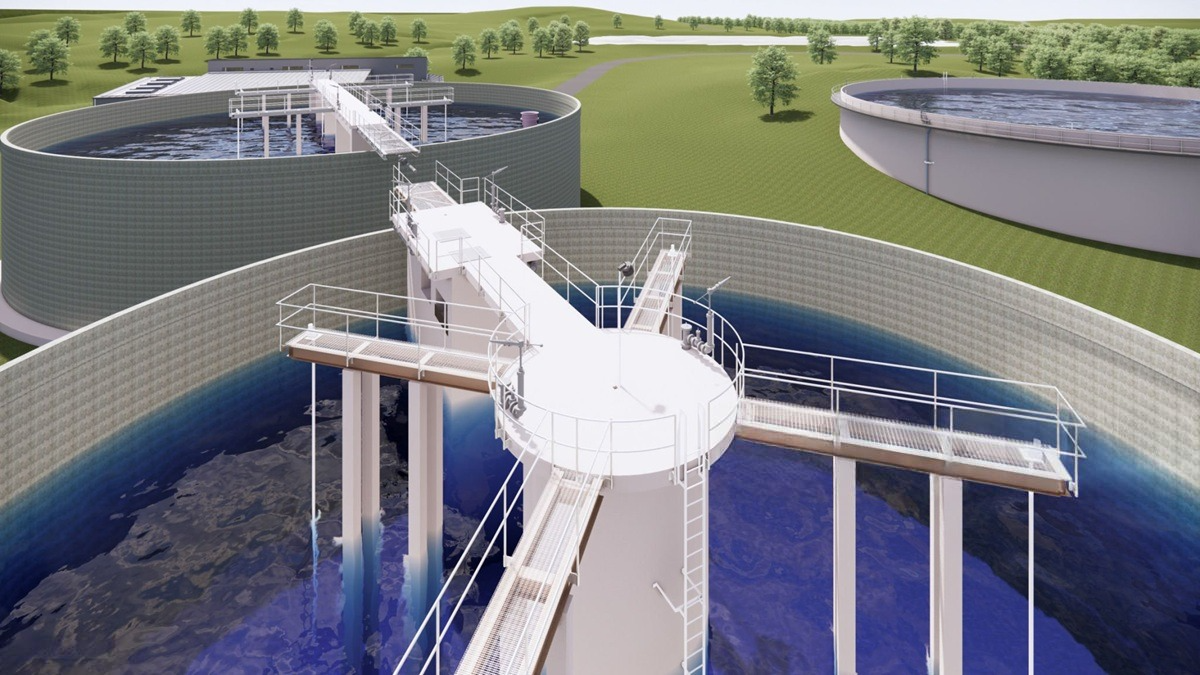
.png)
.png)
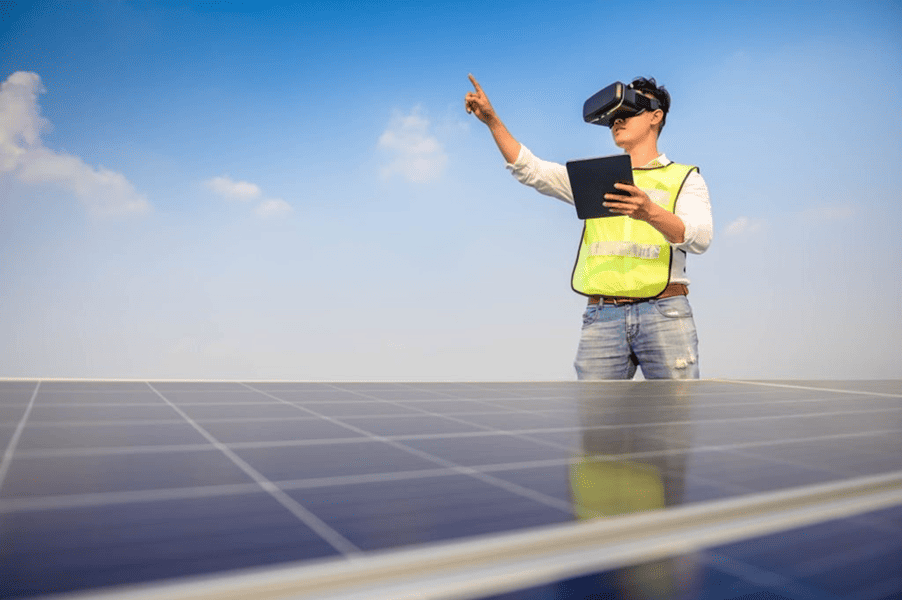
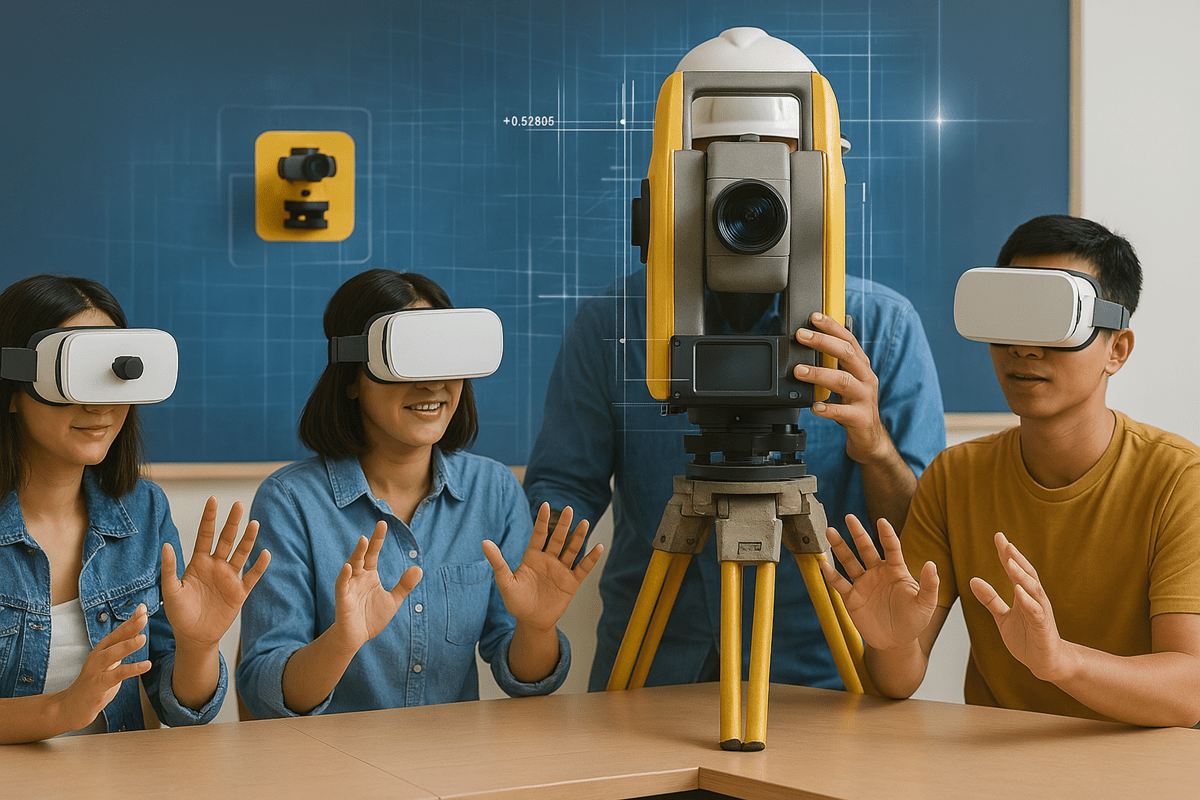
.png)